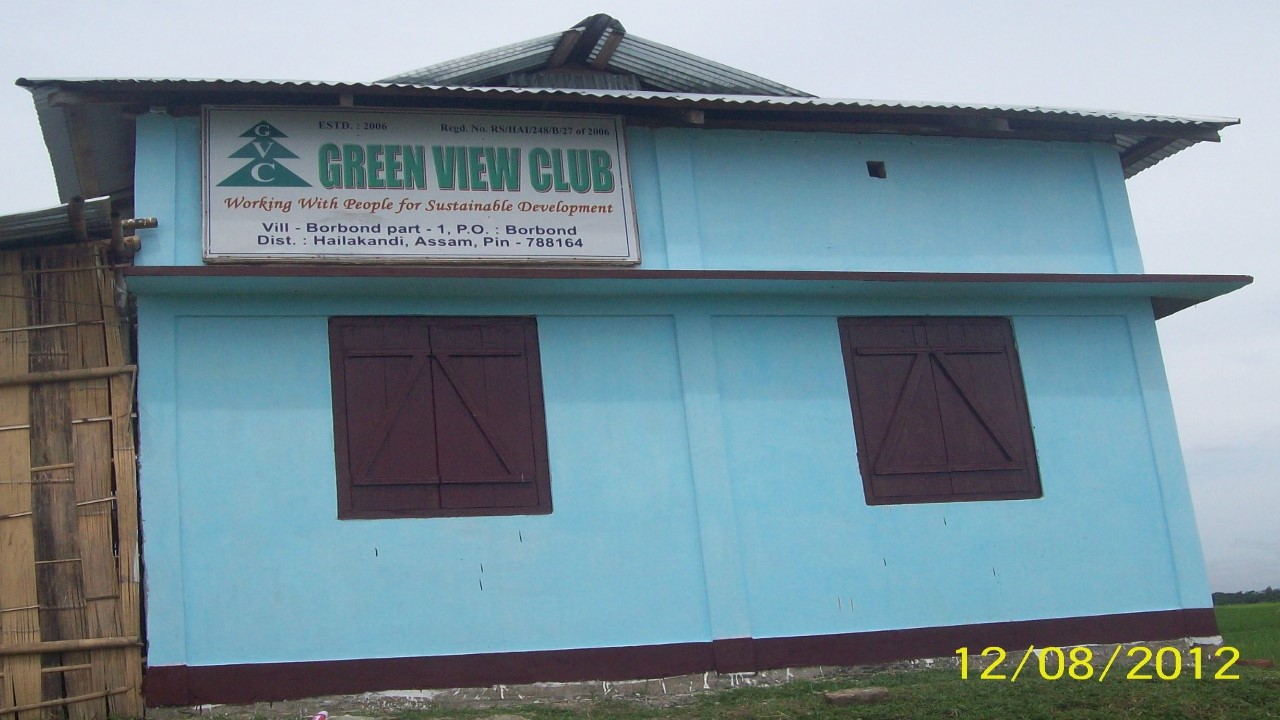OUR MISSION
Building and enhancing core socio-economic competencies of grassroots communities with an aim of bringing the rural poor communities
VISSION
vision is humanity, tolerance and social justice, where women and children and the underprivileged population live with dignity
OBJECTIVES
The interventions with persons with disabilities are primarily in the areas of social and economic empowerment along with other special needs
Green View Club
“GREEN VIEW CLUB” is a non-government organization was established in the year 2006. It is registered under the Societies Registration Act – XXI of 1860. Since the inception of the society, it has been working in close coordination with communities in its operational area, Government and other Non-Governmental organizations to foster sustainable development for the disadvantaged and marginalized section of the society.The main priority has been given for the overall development . The development of the people, by the people and for the people.

Our Services
GREEN VIEW CLUB emphasizes multifaceted programmes with holistic goals and believes in both institutional and community based interventions

CHILDREN’S HOME FOR GIRLS
Green View Club set up a Children’s Home in Hailakandi. It provides comprehensive child care facilities to children for ensuring their all-round development

NIGHT SHELTER HOME
The objective of such infrastructure is to ensure that no life is lost in the absence of Temporary Night Shelter for the shelter less people

HOME FOR METALLY ILL
Home for mentally ill person situated at Hailakandi town Ward No- I at Gastola Gudamghat Road near ASTC Bus stand

SWACHHA BHARAT MISSON
Under this programme our organization constructed the Individual House hold Latrine, conducted Safai Abijan and awareness programme

GREEN VIEW AWASH YOJONA
GVC came forward to help those 9 distress families for repairing of the partially damage houses in the name of Green view Awash Yojona

NUTRITION PROGRAMME
Realizing the magnitude of the problem and to cope up with the situation the organization supplied food stuffs (Take Home Ration ) to the Different ICDS project


